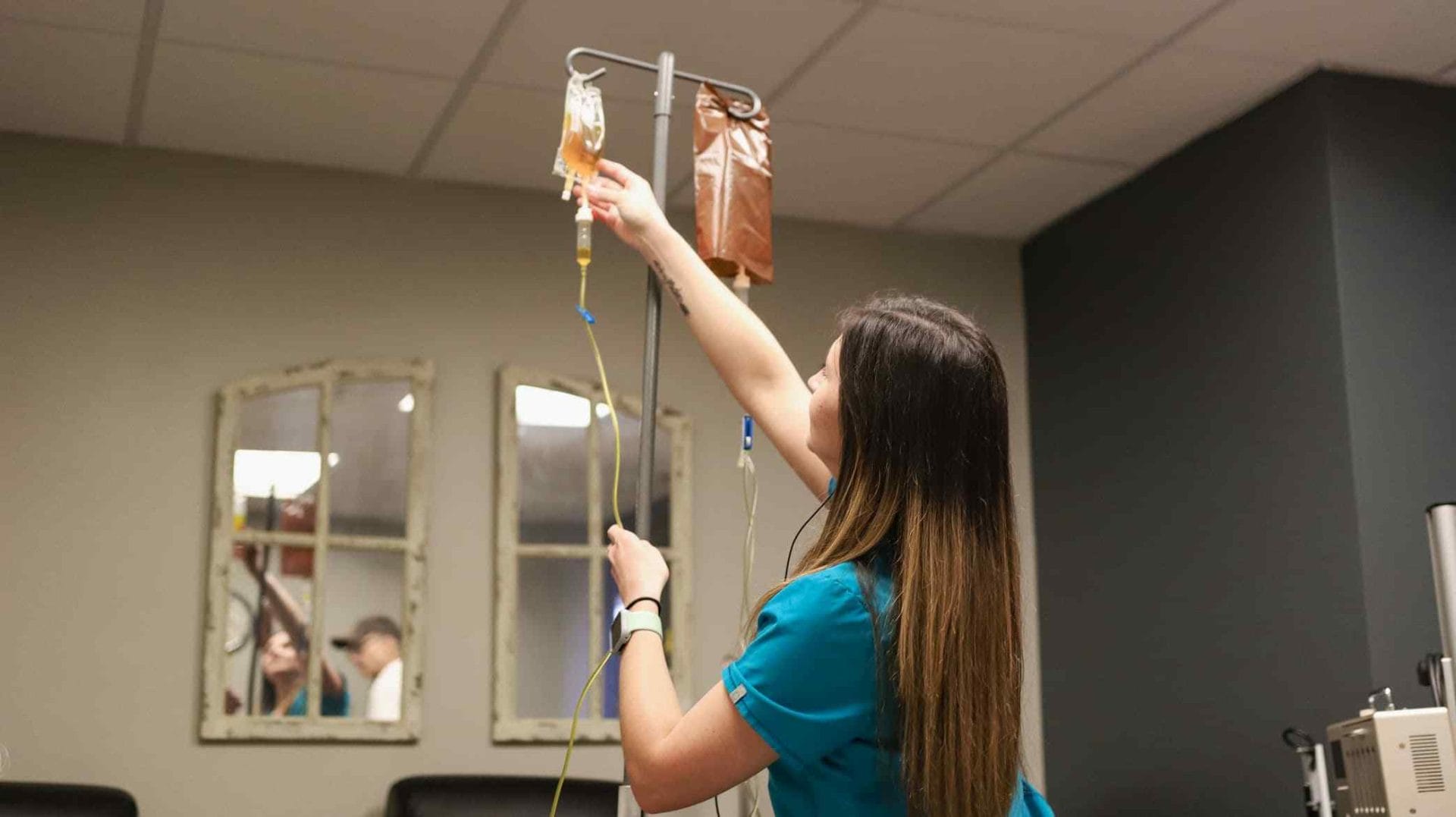
Therapies
Integrative Therapies Explained
Integrative cancer therapies are a holistic approach that combines traditional treatments like chemotherapy and radiation with complementary methods designed to support the physical, emotional, and psychological components of health. These treatments take a complete approach that may involve a range of techniques in order to treat the patient as a whole, not just the illness. Integrative oncology frequently uses mind-body techniques like yoga and meditation to lower stress and enhance mental well-being, dietary support to strengthen the body’s defenses, and acupuncture to treat pain and side effects.
Role of High-Dose Vitamin C
High-dose Vitamin C therapy has generated considerable interest within the medical community in recent years due to its potential to improve cancer treatment outcomes. Research indicates that in high doses, Vitamin C exerts a pro-oxidant effect, generating hydrogen peroxide which may selectively kill cancer cells without harming healthy cells. Moreover, Vitamin C has been shown to boost the effectiveness of certain chemotherapy drugs, making them more potent and reducing their harmful side effects.
One effective method to administer this treatment is through Vitamin C IV therapy, which delivers high concentrations of Vitamin C directly into the bloodstream, ensuring better absorption and effectiveness compared to oral administration. This method allows for immediate therapeutic levels of Vitamin C, bypassing the limitations of intestinal absorption.
Benefits of Mistletoe Therapy
Mistletoe therapy, although lesser known in the United States, has been widely used in Europe for several decades as an adjunctive cancer treatment. Administered usually through injections, mistletoe extract is believed to offer numerous benefits, including the stimulation of the immune system and the potential to improve the quality of life for cancer patients. Mistletoe extract contains biologically active compounds such as lectins and viscotoxins that are thought to induce apoptosis (programmed cell death) in cancer cells. Additionally, mistletoe therapy may help manage cancer-related symptoms like fatigue, pain, and nausea, thus providing a greater sense of well-being for patients undergoing conventional treatments.
Scientific Backing
The scientific community is increasingly exploring the efficacy of integrative cancer therapies, including high-dose Vitamin C and mistletoe therapy. Despite a growing body of research, more extensive and rigorous studies are needed to fully validate their effectiveness. For instance, some studies highlight the potential benefits of these therapies, showing promising results in lab settings and preliminary clinical trials. However, a systemic review of mistletoe’s clinical trials reveals mixed results, with some studies showing significant benefits and others showing minimal or no impact.
According to a study published in the National Library of Medicine, mistletoe extract demonstrated anti-cancer properties in vitro, but the researchers emphasized the necessity for larger clinical trials to determine its clinical applicability. Similarly, high-dose Vitamin C has been explored in various cancer types, with some studies indicating enhanced chemotherapy response, while others call for more detailed investigations to ascertain definitive benefits.
Patient Perspectives
Many patients who have opted for integrative cancer therapies report enhanced overall quality of life, which can be attributed to the combined effects of conventional and complementary treatments. Anecdotal evidence, as well as case studies, often highlight significant improvements in pain management, energy levels, and emotional stability. For example, patients undergoing mistletoe therapy have recounted experiences of reduced pain and nausea, while those on high-dose Vitamin C therapies have mentioned lesser side effects from chemotherapy and increased vitality.
It is important to note, however, that individual responses can vary widely. Some patients may experience remarkable benefits, while others might see little to no improvement. The aforementioned variety highlights the significance of customized treatment programs and the requirement for expert medical guidance when incorporating these medicines.
How to Integrate Safely
Safety should always be a priority when considering integrative cancer therapies. It is crucial to ensure that any alternative methods used do not interact negatively with conventional treatments. For instance, some herbs and supplements can interfere with the metabolism of chemotherapy drugs, reducing their efficacy or increasing the risk of side effects. Therefore, working closely with healthcare providers who are knowledgeable about both conventional and integrative medicine is essential. Such providers can help navigate potential interactions, ensuring that the integrative approach complements and enhances the overall treatment plan. Additionally, always seek therapies from certified practitioners who follow evidence-based protocols. Verify their credentials and patient reviews to ensure the quality of care received.
Consulting Healthcare Professionals
It is crucial to speak with a healthcare provider before starting any new therapy to be sure it fits properly within your treatment plan. Integrative oncologists and naturopathic doctors, specifically those specialized in oncology, can provide valuable guidance tailored to your specific needs. These professionals can help design a comprehensive treatment plan that incorporates both conventional and alternative therapies, optimizing the chances of improved outcomes.
To prevent any potentially dangerous interactions, always let your healthcare provider know about all current medications and dietary supplements. Never discontinue conventional treatments without professional advice, as abrupt changes can lead to adverse effects or diminish the efficacy of the treatment.
Final Thoughts
Integrative cancer therapies offer a promising avenue for enhancing cancer treatment and improving patient quality of life. By combining conventional and alternative therapies under professional guidance, patients can benefit from a more holistic approach to cancer care. While more research is needed to fully understand the efficacy of these therapies, the existing evidence and patient reports provide a compelling case for their inclusion in cancer treatment plans. Ultimately, informed decision-making and professional consultation are key to safely and effectively integrating these therapies into the broader spectrum of cancer care.
Keep an eye for more latest news & updates on Wellknown Figure!






